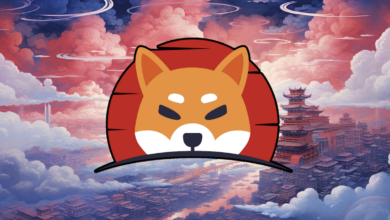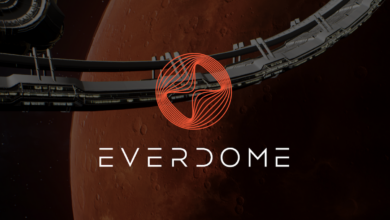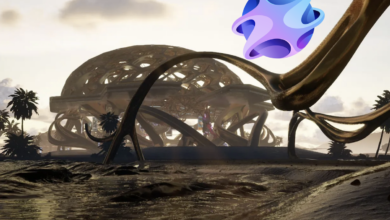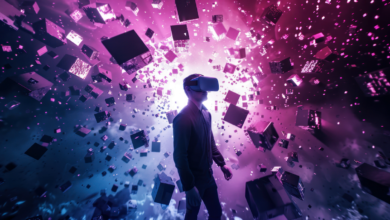Unlocking the Metaverse: How Web3 is Shaping the Future of Online Gaming
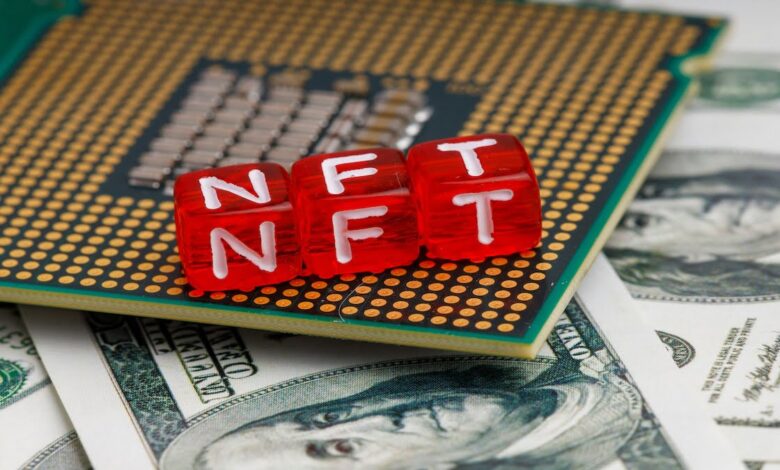
The world of online gaming is on the cusp of a revolution. Driven by the innovative concepts of Web3, online gaming is poised to become more immersive, user-centric, and potentially, even more captivating. Web3, with its emphasis on decentralization, ownership, and community governance, offers exciting possibilities for the future of online gaming experiences. Let’s delve into the core principles of Web3 and explore how it’s transforming the landscape of online gaming.
The Rise of Web3: Decentralization and Beyond
Web3, the potential next iteration of the internet, aims to shift power away from centralized platforms and towards users. This decentralized approach stands in stark contrast to the current Web2 model, where tech giants exert significant control over user data and online experiences. Here are some key pillars of Web3:
- Decentralization: Web3 strives to distribute control and decision-making power among users and communities. Blockchain technology, the secure digital ledger system underlying cryptocurrencies, plays a crucial role in this by creating trust and transparency in decentralized networks.
- User Ownership: In Web3, users have the potential to own their digital assets, including in-game items and characters. This ownership is facilitated by Non-Fungible Tokens (NFTs), unique digital certificates that represent ownership on a blockchain.
- Token-based Economies: Web3 could usher in an era of token-based economies within online games. Players might earn tokens through gameplay, which could be used to purchase in-game items, participate in governance, or even be traded on external marketplaces.
Web3 Revolutionizing Online Gaming: Unlocking New Possibilities
The core principles of Web3 hold immense potential for transforming online gaming in several ways:
- Empowering Players with Ownership: Imagine a scenario where players truly own their in-game items and characters, represented as NFTs. They could then trade, sell, or even rent these assets to other players, fostering a vibrant in-game economy. This ownership model stands in contrast to the current system where players often lose access to their in-game assets when they stop playing a specific game.
- Transparent and Fair Game Mechanics: Blockchain technology can be harnessed to create provably fair game mechanics. By recording all in-game transactions on a transparent and immutable blockchain ledger, players can be assured of the randomness and integrity of gameplay. This eliminates any concerns about manipulation from centralized game servers.
- The Rise of DAOs and Community Governance: Decentralized Autonomous Organizations (DAOs) offer a glimpse into the future of online gaming governance. DAOs are essentially communities controlled by their members using crypto tokens. With DAOs, players could potentially hold voting rights on game development decisions, shaping the future of the virtual world they inhabit. Imagine players voting on new features, balancing in-game economies, or even contributing to the game’s lore.
- The Interoperable Metaverse: Web3 paves the way for an interoperable Metaverse, a virtual world where players can seamlessly move between different games while carrying their owned NFTs. This interoperability fosters a sense of true ownership and allows players to build a persistent digital identity across different gaming experiences. Imagine using your battle-hardened sword from one game in another, or showcasing your rare NFT avatar across various virtual landscapes.
Beyond the Horizon: Challenges and Uncertainties
While Web3 offers a plethora of exciting possibilities, certain challenges and uncertainties remain. One concern is the potential for complex technology to create barriers to entry for new players. Additionally, legal and regulatory frameworks surrounding online gaming in a Web3 context need to be established to ensure player protection and fair competition.
The Future of Play: A New Era for Online Gaming
The integration of Web3 principles holds the potential to revolutionize online gaming. From empowering players with ownership to fostering community-driven governance, Web3 could create a more immersive, engaging, and user-centric gaming experience. While challenges remain, the future of online gaming within the Web3 landscape is undeniably bright. As technology evolves and regulations adapt, we may witness the rise of a truly player-owned and community-driven Metaverse, where the lines between gaming and reality continue to blur. The possibilities are vast, and the future of play is excitingly unpredictable.
This shift to a player-owned and community-driven model could even impact classic online games like real money slots. Imagine a scenario where slot machines themselves could be represented as NFTs, offering unique features or bonus rounds that enhance gameplay. Players could then own and potentially even rent out these special NFT slots to other players, creating new revenue streams within the game’s economy. This exemplifies the transformative potential of Web3, where even established game genres like slots, explored in detail on specialty sites like Vegas Slots Online, can be reinvented through player ownership and community participation.

